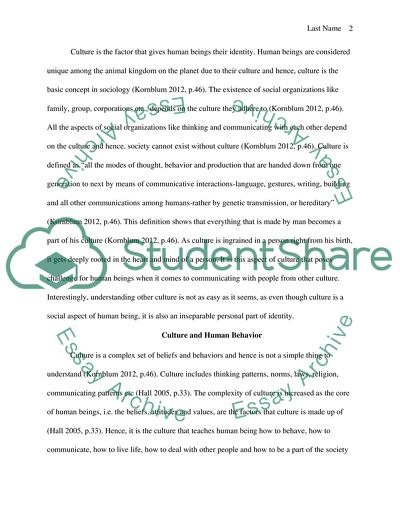Cite this document
(“Interpersonal Communication Skills Essay Example | Topics and Well Written Essays - 2000 words”, n.d.)
Retrieved from https://studentshare.org/journalism-communication/1451998-interpersonal-communication-skills
Retrieved from https://studentshare.org/journalism-communication/1451998-interpersonal-communication-skills
(Interpersonal Communication Skills Essay Example | Topics and Well Written Essays - 2000 Words)
https://studentshare.org/journalism-communication/1451998-interpersonal-communication-skills.
https://studentshare.org/journalism-communication/1451998-interpersonal-communication-skills.
“Interpersonal Communication Skills Essay Example | Topics and Well Written Essays - 2000 Words”, n.d. https://studentshare.org/journalism-communication/1451998-interpersonal-communication-skills.


